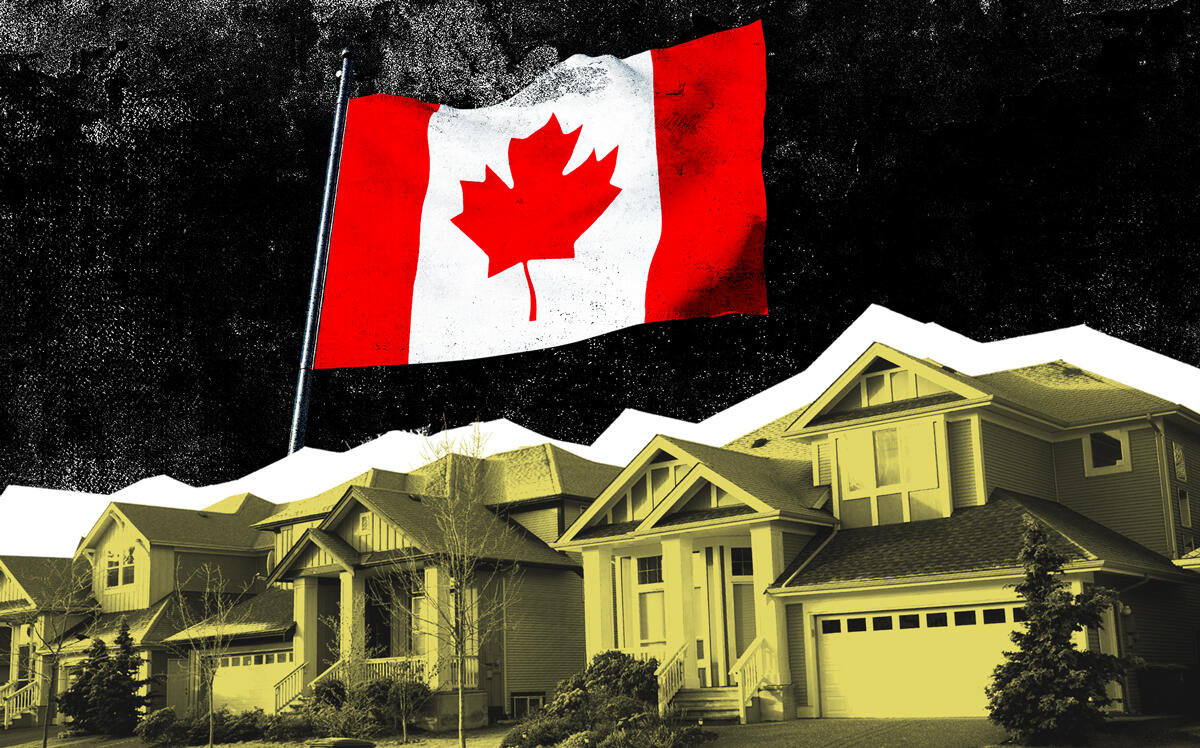It’s not exactly as overt as a border wall, but a new law in Canada is designed to make it much more difficult for foreigners to purchase property there.
The law, which went into effect tomorrow, places a two-year ban on the purchase of residential property by non-Canadians, the New York Times reported. Regulations recently released by the government say the prohibition applies only to certain cities and not to vacation homes in recreation areas. There are exemptions for buyers with Canadian spouses or partners as well as foreign buyers of multifamily buildings with more than three units, the Times reported.
Offenders could be fined $10,000 Canadian and/or forced to sell the property, but not at a profit.
Canada, like many countries including the U.S., is experiencing a housing shortage due to low interest rates and a surge in demand during the pandemic. Other factors, including Brexit and the overturning of Roe v. Wade, led some Americans and Britons to consider moving to Canada.
The law, Prohibition on the Purchase of Residential Property by Non-Canadians Act that was backed by Prime Minister Justin Trudeau’s Liberal Party in 2021, is designed to address the crisis by trying to ensure Canadian residents take possession of, and live in, homes in the country as opposed to investors seeking to profit off a hot residential market, the outlet reported.
“The desirability of Canadian homes is attracting profiteers, wealthy corporations, and foreign investors,” a campaign website said, according to the Times.. “Homes are for people, not investors.”
But some say the law, while well-intentioned, is misguided and, perhaps, xenophobic.
“Most foreigners buying real estate are not speculators,” Jacky Chan, the Vancouver-based founder and CEO of BakerWest Real Estate, told the outlet. “They’re immigrants buying homes to live in.”
“We’re telling people we don’t want them here,” Michael Bourque, the Ottawa-based chief executive of the Canadian Real Estate Association, told the outlet.
In addition, other measures were being worked on by regional governments to address the high cost of housing by raising taxes on speculators and foreign investors, who accounted for just 1 percent of sales in June 2022, the Times reported, citing data from the British Columbia Ministry of Finance.
Others say the focus should be on a supply increase rather than demand suppression.
— Ted Glanzer
